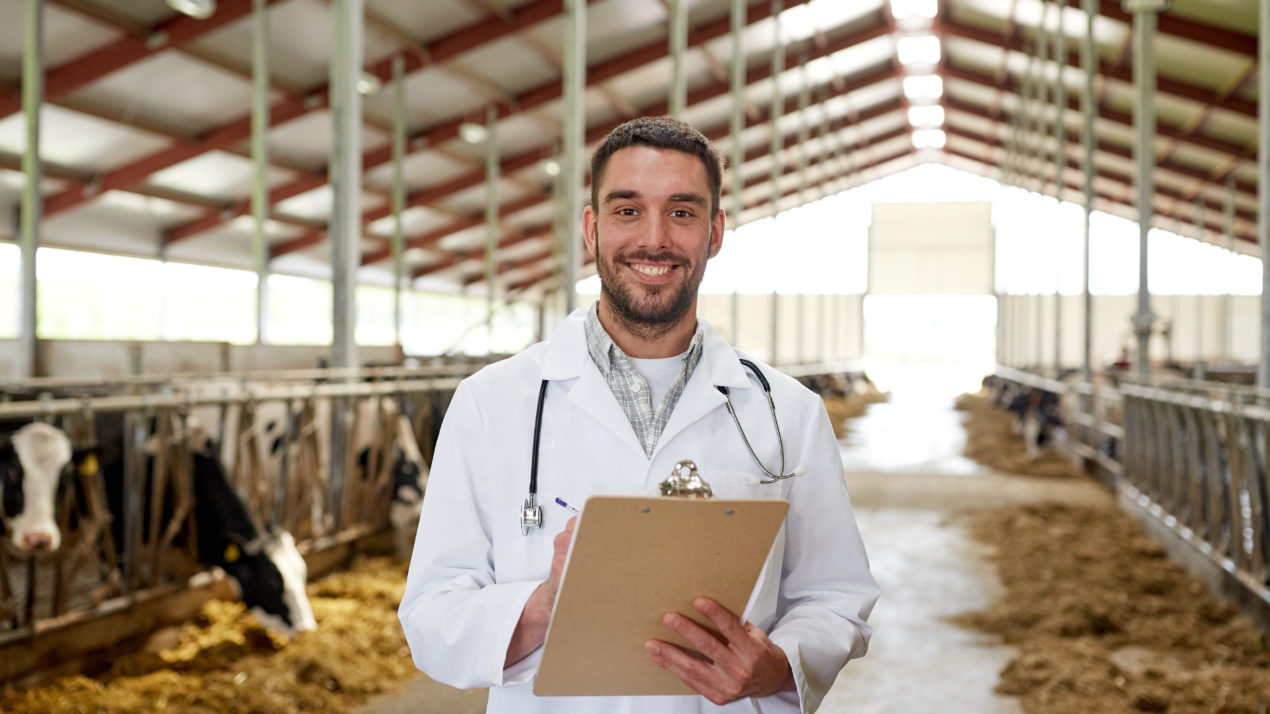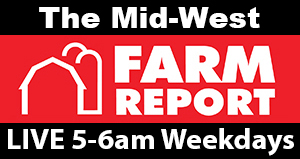
If you’re a new veterinarian and you commit to practice in one of Wisconsin’s seven shortage areas, you can now apply for financial support and even have most of your education reimbursed to you. These funds are being made available through the USDA’s Veterinary Medical Loan Repayment program. May 19th is the sign up deadline for the 2017 grant period.
The VMLRP aims to help qualified veterinarians offset a large portion of the debt that they have incurred gaining their veterinary medicine degrees in return for their service in certain critical and high-priority veterinary shortage areas. Veterinarians who are interested in the program must commit to providing veterinary services in a certain areas for at least three years. In exchange, they can receive up to $25,000 per year toward repayment of student loans that they have.
“We identified seven different areas in the state with a variety of service needs that will provide a new veterinarian with broad experience, while at the same time bringing veterinary expertise to an area that needs it. This is a win-win situation for all of us,” said Dr. Paul McGraw, Wisconsin’s state veterinarian.
In each area, the veterinarian must serve the needs of beef and dairy cattle and may also require expertise working with swine, poultry and other small ruminants. The seven areas identified for 2017 include:
Barron County (Type 3, High Priority)
Barron County (Type 1, Critical Priority)
Marathon, Portage, Taylor counties (Type 1, High Priority)
Brown, Door, Kewaunee counties (Type 1, High Priority)
Florence, Forest, Langlade, Lincoln, Marinette, Vilas counties (Type 2, High Priority)
Buffalo County (Type 1, Critical Priority)
Calumet, Fond du Lac counties (Type 1, High Priority)
New veterinarians interested in applying for this opportunity will find background information, requirements and application materials on the NIFA website. The application deadline is
